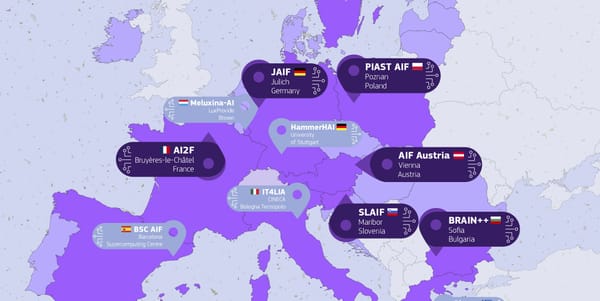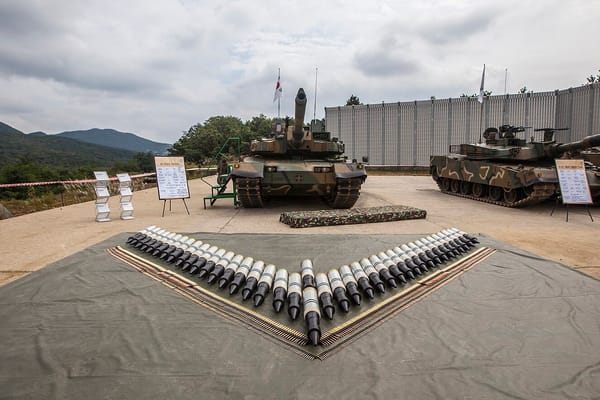
Ukrainian alleged in Nord Stream pipeline attack
The September 26, 2022 sabotage of the Nord Stream pipelines, a major European energy conduit running from Russia to Germany, remains shrouded in controversy and suspicion nearly two years after the explosions. Investigations have so far failed to definitively pinpoint the perpetrators, but recent reports have added a new complexity to the case.
Reports from German dailies Suddeutsche Zeitung and Die Zeit, as well as state broadcaster ARD, who collaborated in an investigation, suggest that a Ukrainian diver, identified as Volodymyr Z, may have played a role in the attack.
German authorities have issued an arrest warrant for Z, a diving instructor alleged to have dived 80 metres by night to plant explosive devices on the pipelines. This team is also said to have used a rented sailboat, the Andromeda, equipped with deep-sea diving gear. The attack resulted in massive leaks from Nord Stream 1 and 2, leaving only one of the four pipelines intact.
According to the reports, German authorities first requested Poland to arrest Z in June 2023. However, Polish prosecutors confirmed to news agency Reuters that he had left Poland in early July 2023, crossing the Polish-Ukrainian border. His departure was facilitated by the fact that German authorities had not included his name in the database of wanted persons, leaving Polish Border Guards without grounds for detention.
The German prosecutor general’s office, which continues to investigate the case despite Denmark and Sweden closing their inquiries, has declined to comment on the ongoing investigation.
The Andromeda, a 50-foot Bavaria Cruiser, was found to have traces of the explosive HMX, also known as Octogen, in July 2023. The yacht, leased in Germany by someone using a Google account registered in Ukraine, travelled through multiple countries, including Germany, Denmark, Sweden, and Poland.
Security sources reported that Z was identified after being caught speeding by a police camera in Rugen, a German island in the Baltic Sea, on September 8, 2022. Despite evidence suggesting that he may have had backing from high-ranking military officials, there is no indication that Ukrainian President Volodymyr Zelenskyy was aware of or sanctioned the attack.
Additionally, another man and a woman, also Ukrainian diving instructors, have been identified as potentially involved in the attack, but no arrest warrants have been issued for them.
The pipelines allowed Russia to bypass Ukrainian transit routes, a longstanding grievance for Kyiv. The sabotage not only impacted Europe’s energy infrastructure but also intensified geopolitical tensions surrounding Russia’s full-scale invasion of Ukraine seven months earlier. The attack also strained diplomatic relations, as Russia blamed the US, the UK, and Ukraine for the attacks, allegations that they deny.





